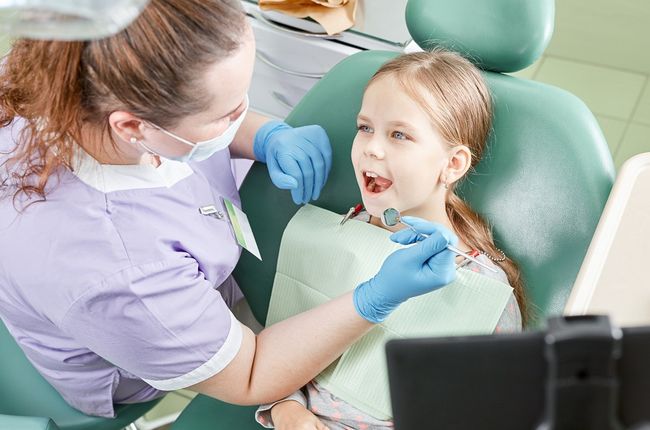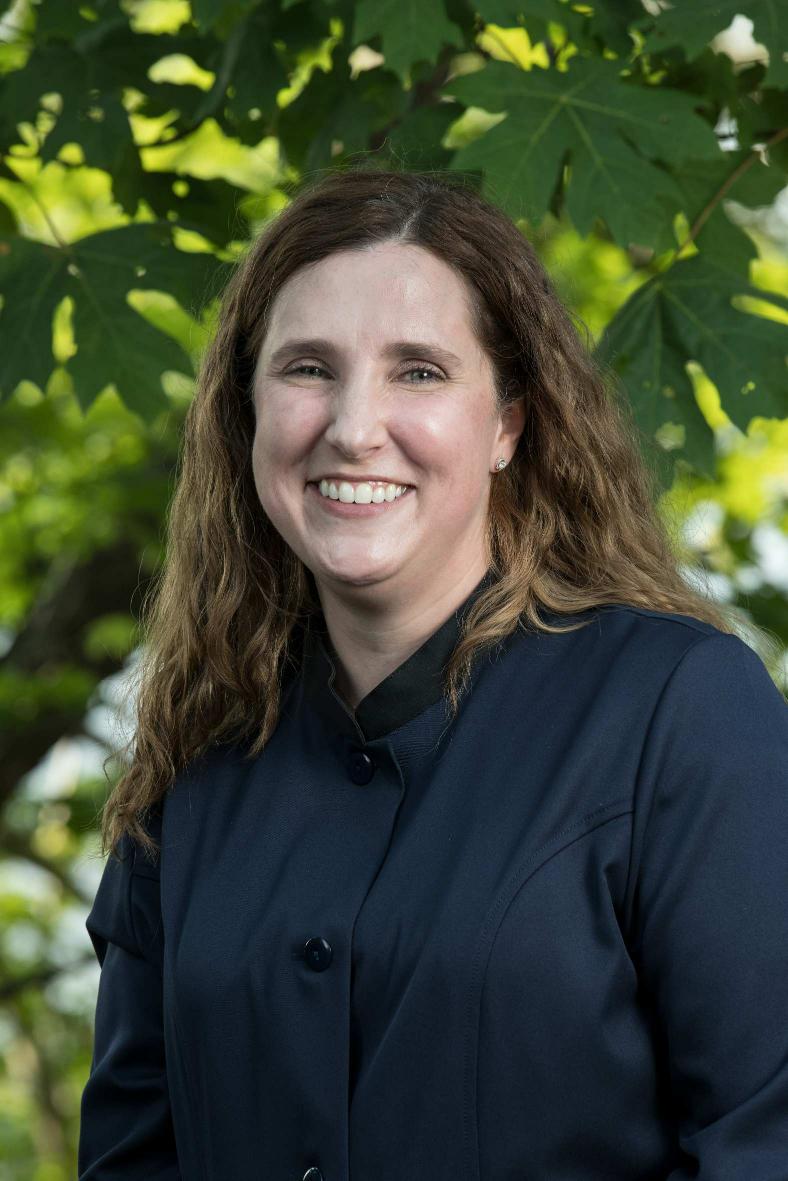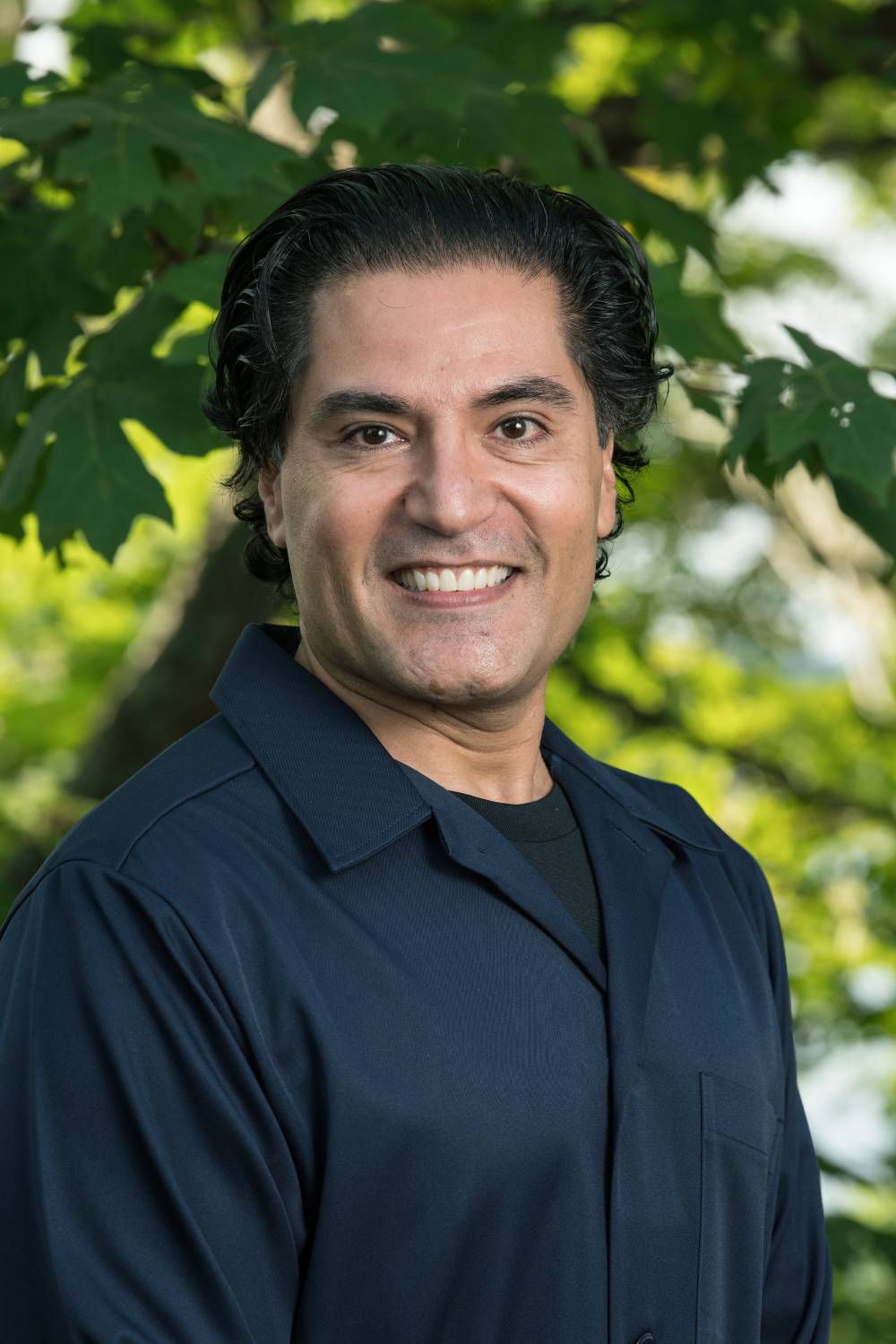How Can I Permanently Get Rid of Bad Breath?
Posted by inception1 on May 16, 2023, 08:25 AM
Bad breath in Kenmore WA is caused by a variety of factors. The occasional case of morning breath or bad breath after meals can usually be remedied by brushing, flossing, and using mouthwash. Persistent bad breath, or halitosis, may be a sign of an underlying problem. Halitosis can be a temporary condition or a sign of something more serious. Here are a few tips to eliminate bad breath.
Brush your teeth twice daily
Brushing your teeth with fluoride toothpaste removes plaque and helps prevent cavities. It also freshens your breath. Brush your teeth for at least two minutes at a time with a soft-bristled toothbrush. Replace your toothbrush every three to four months.
Floss at least once a day
When you floss each day, you remove food particles and plaque stuck between teeth. Plaque that builds up on your teeth hardens into tartar over time. Once plaque hardens, it is difficult to remove with brushing alone. The bacteria in plaque is what causes bad breath and tooth decay. Make it a habit to floss your teeth at least once.
Your dentist may recommend that you use rinses or mouthwashes in addition to flossing. Some mouthwashes contain antibacterial agents such as chlorine dioxide to help kill off odor-causing bacteria. Other types of mouthwash are designed to fight gum disease and help protect tooth enamel. Talk to your dentist about which type of mouthwash is best for you.
Brush your tongue
Many people forget to brush the surface of their tongue. However, eliminating bad breath also involves cleaning the tongue to get rid of bacteria buildup and dead cells on the tongue’s rough surface. Use a soft-bristled toothbrush or a tongue scraper to clean the tongue’s surface daily.
When you clean your tongue, you will remove any coating that seals in odor-causing gases and any residual food particles. Make sure to rinse your mouth thoroughly after brushing or scraping your tongue. This will remove plaque and food debris before it has a chance to potentially cause a foul odor in your mouth.
Clean dentures or dental appliances
Cleaning your dentures or dental appliance is essential in removing food particles that can trap bacteria and lead to bad breath. Ideally, you should brush your dental device each day and soak it in a denture-cleaning solution at night. If you wear a night guard for teeth grinding, clean it regularly as well. Be sure to read the instructions for your appliance to find out if it can be safely cleaned using certain products. If your dentures are damaged, cracked, or broken, it is important to get them repaired as soon as possible to prevent further issues.
Avoid dry mouth
Dry mouth syndrome is a type of bad breath caused by not having enough saliva in your mouth. The condition can be annoying and embarrassing, but it can usually be managed with some simple lifestyle changes. If you are suffering from chronic dry mouth, talk to your dentist about what you can do to keep your mouth moist and healthy.
Adjust your diet
Diet can have a big impact on your oral health and your risk of cavities and gum disease. Eating lots of sugary foods and drinks can increase your chances of developing tooth decay and cavities.
Sugary foods can also make plaque more active, leading to more acid production in your mouth that wears away tooth enamel and causes decay. Limit the amount of sugar and starch in your diet and rinse your mouth out with water after consuming these foods to lower your risk of developing these problems.
A dry mouth is another common condition that can cause bad breath and lead to other oral health problems as well. Drinking plenty of water throughout the day can help you avoid this unpleasant problem. You may also want to use a fluoride mouthwash regularly for extra protection.
Schedule regular dental checkups
Scheduling regular checkups with your dentist will help you stay on top of any dental health issues and allow you to get personalized recommendations for improving your at-home care in between appointments. During your appointments, your dentist can also check for signs of chronic bad breath and advise you on how to get rid of it for good.
For more information about how to maintain good oral hygiene and get rid of bad breath, schedule a consultation at our practice today!














